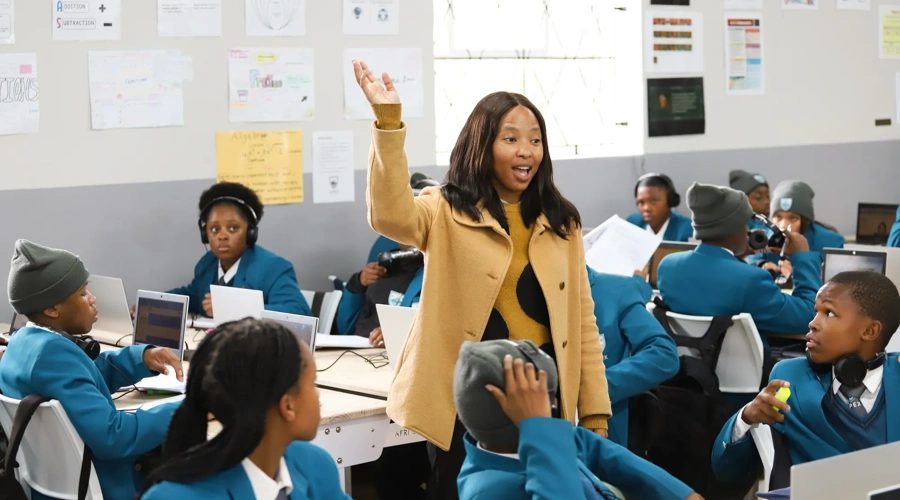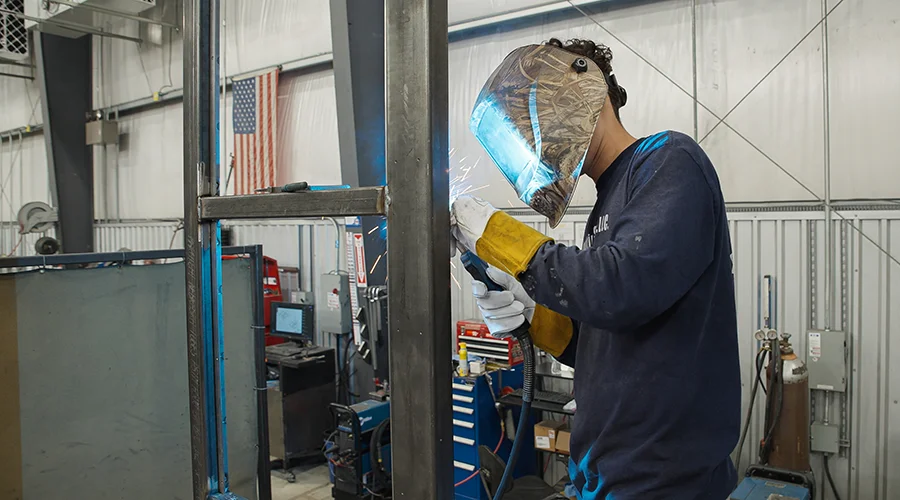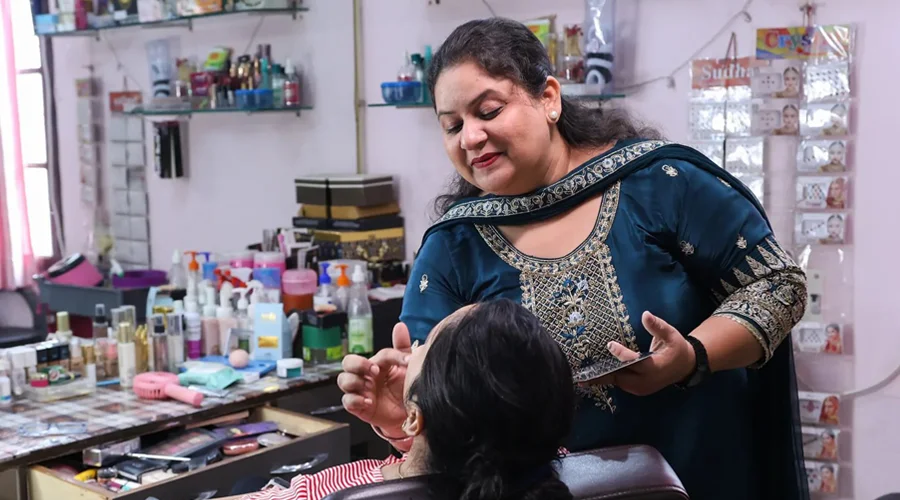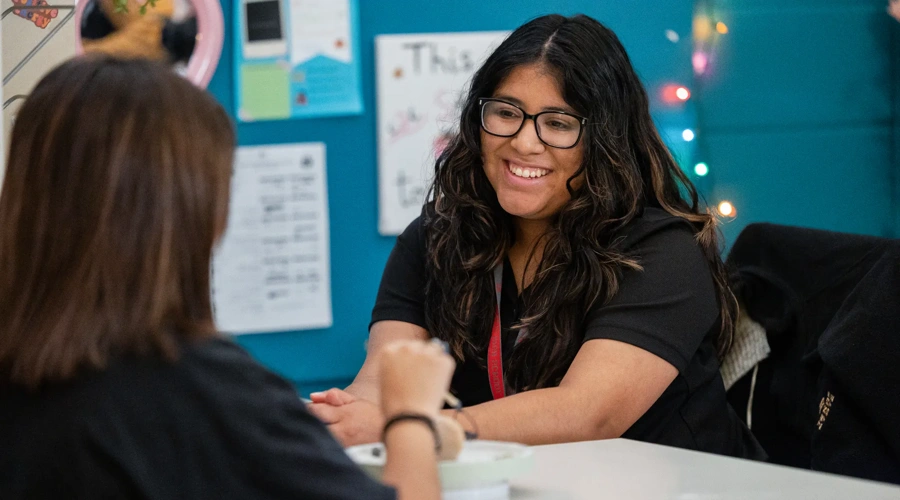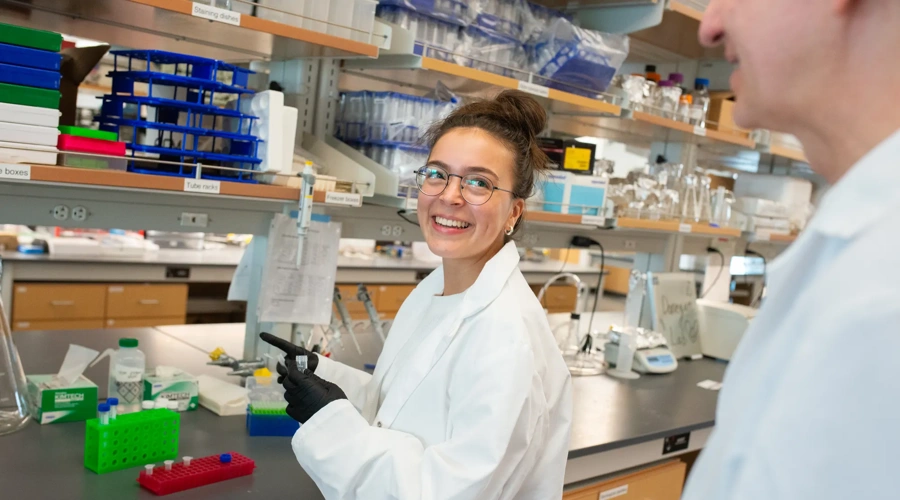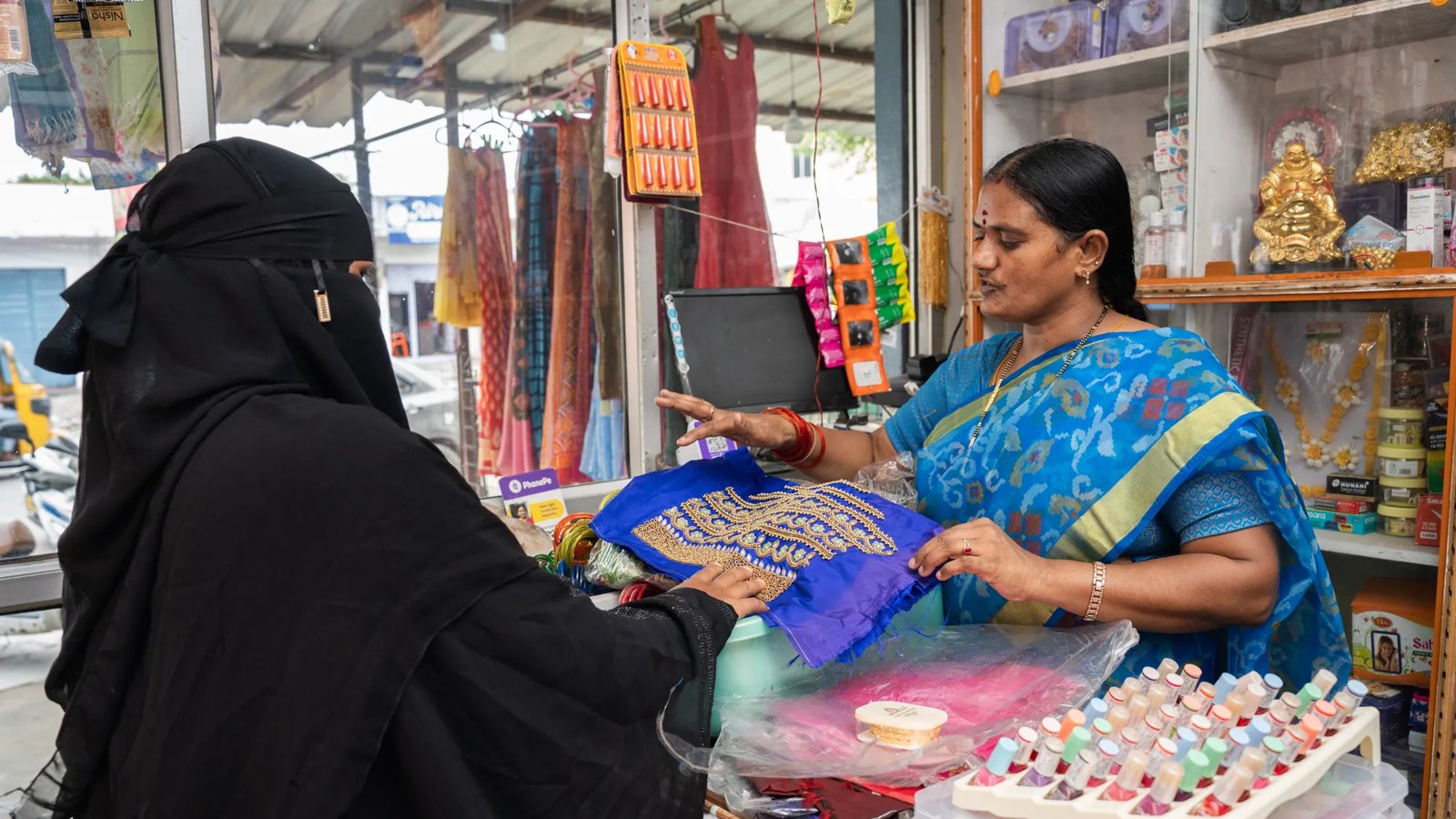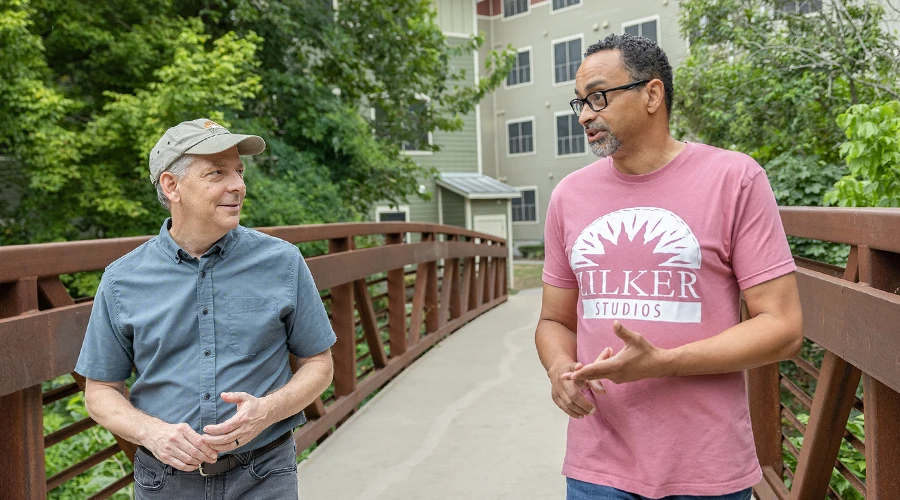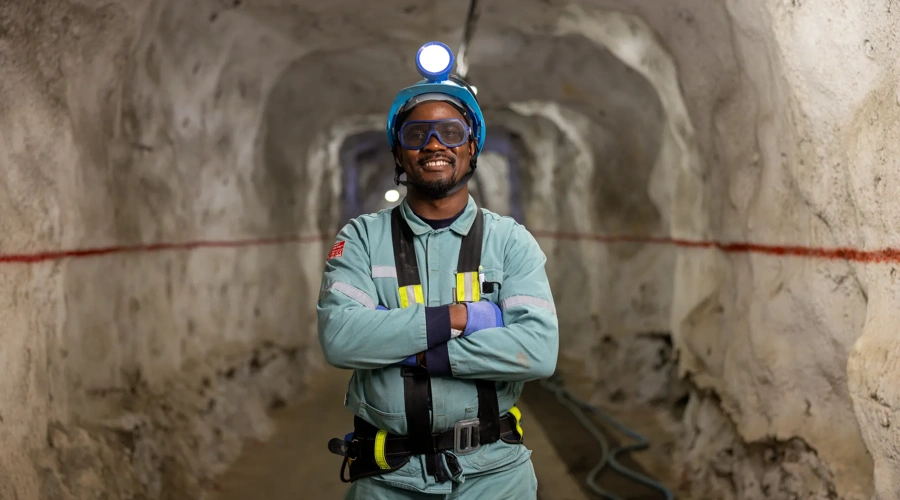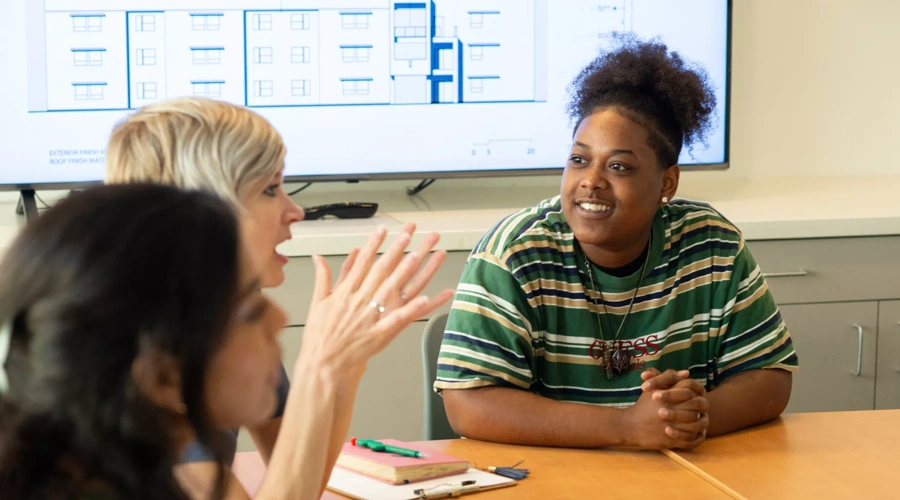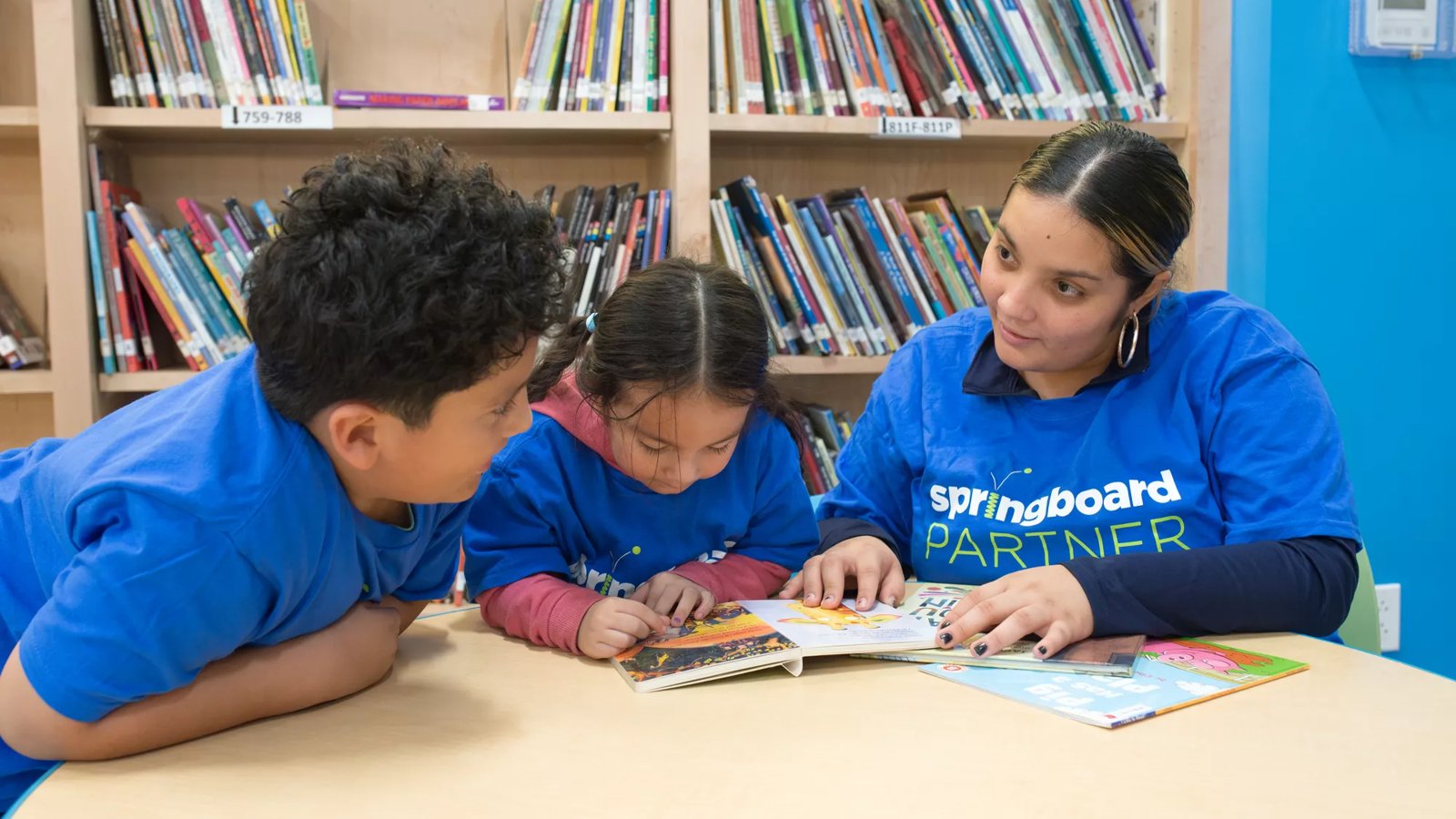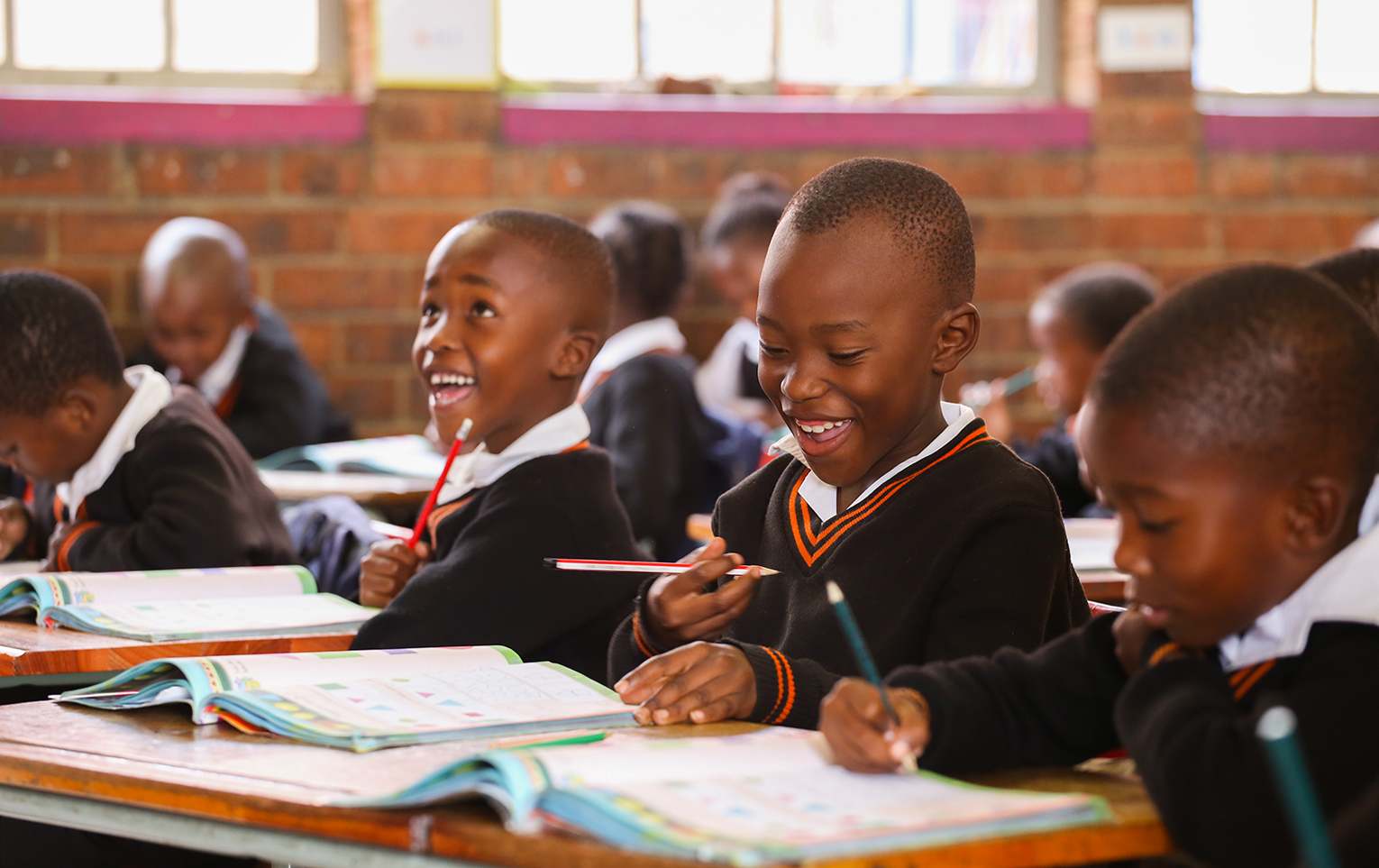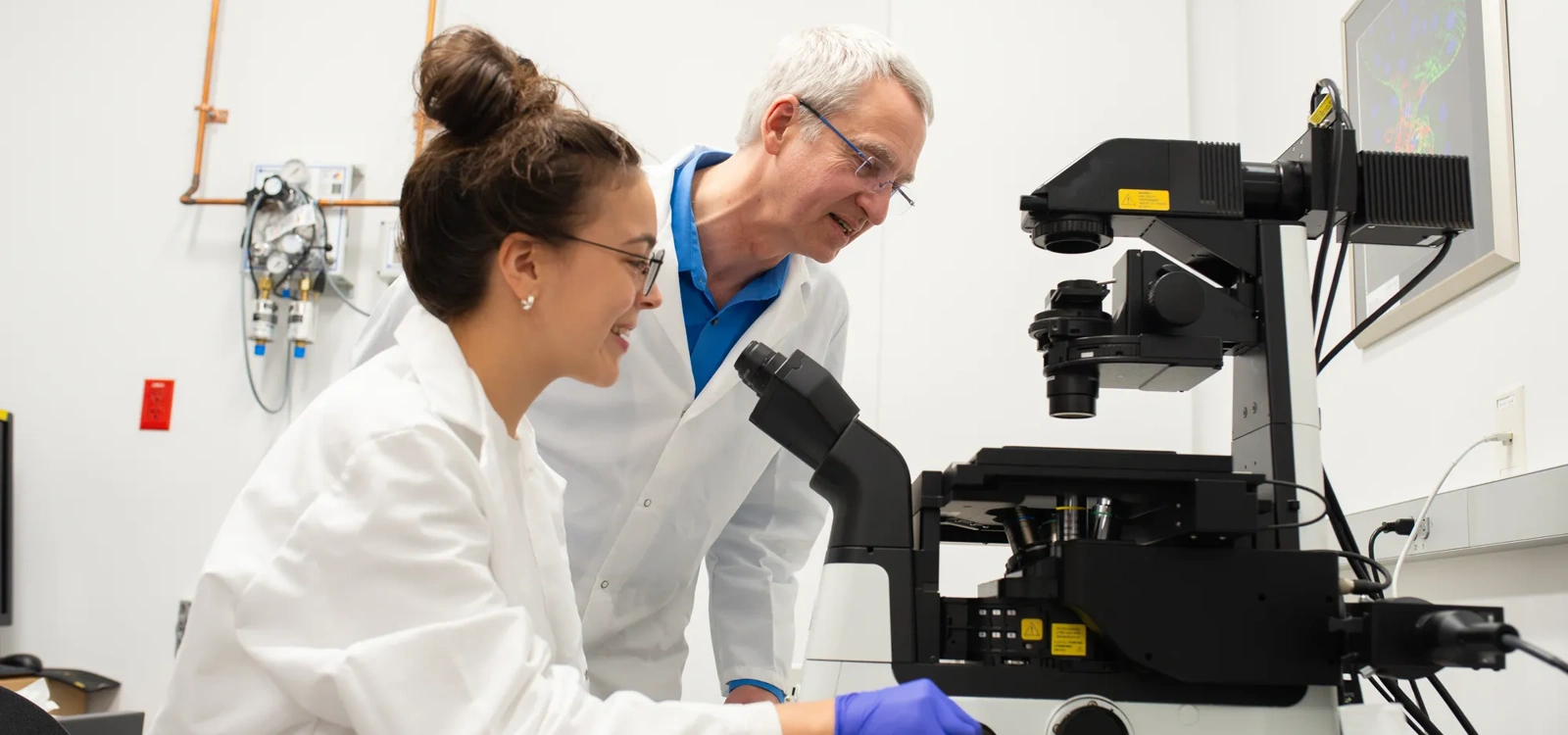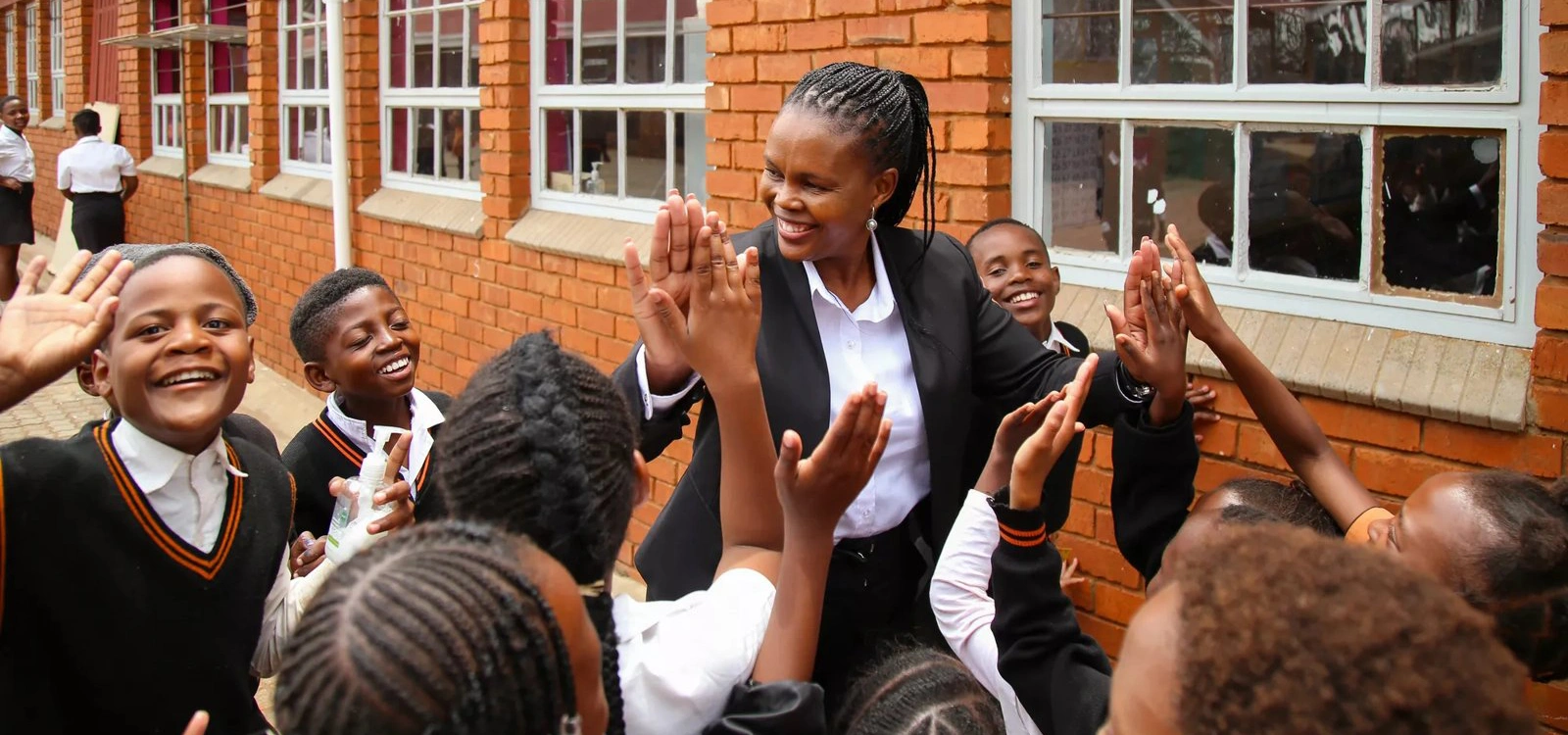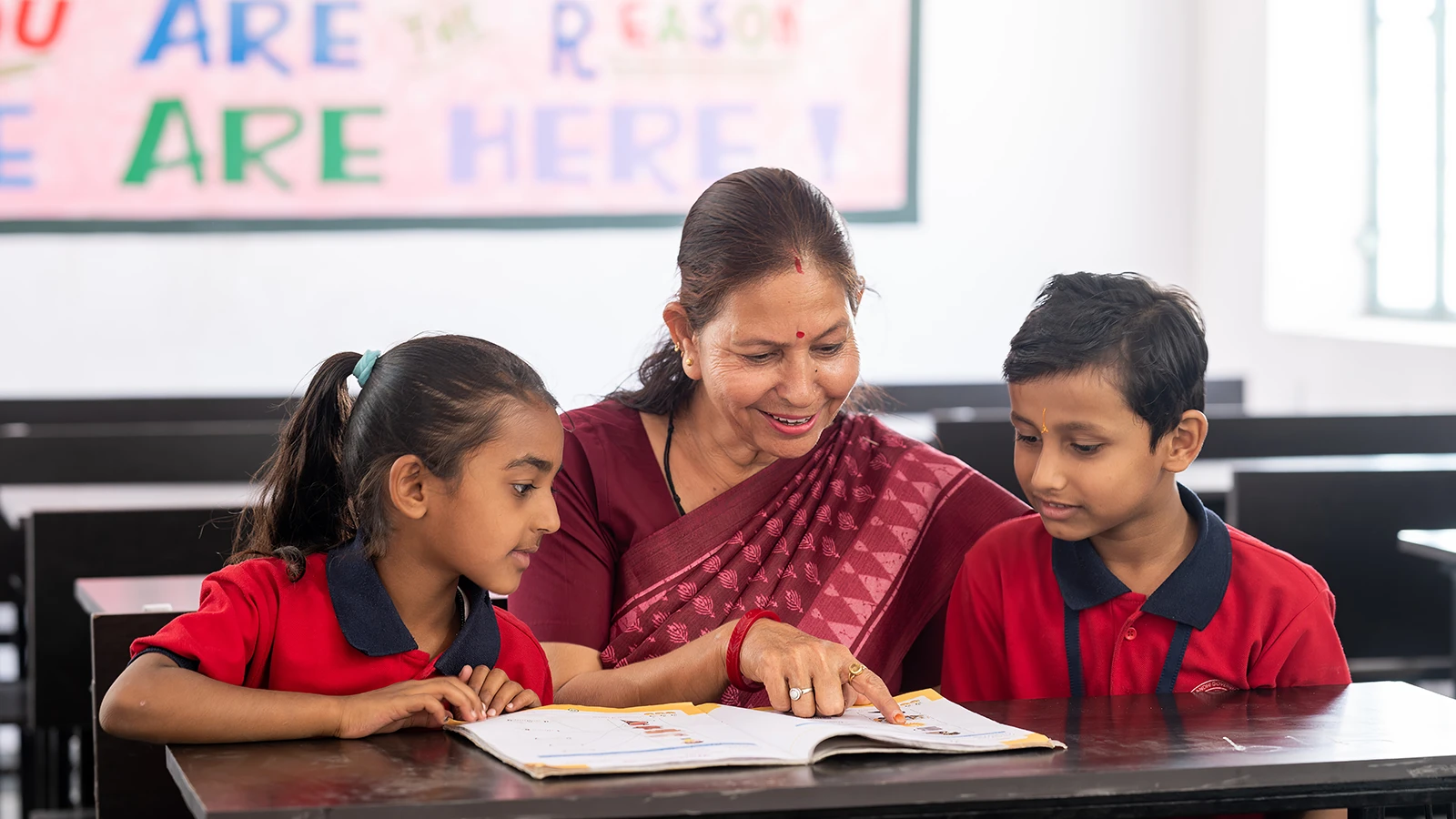Turning Data into Progress: Partnering to Transform Education in South Africa
Ideas in Action
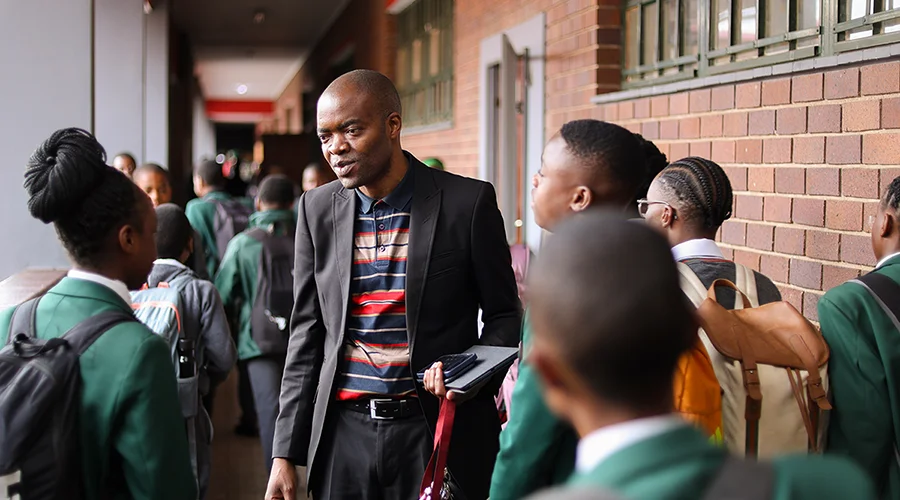
May 19, 2025
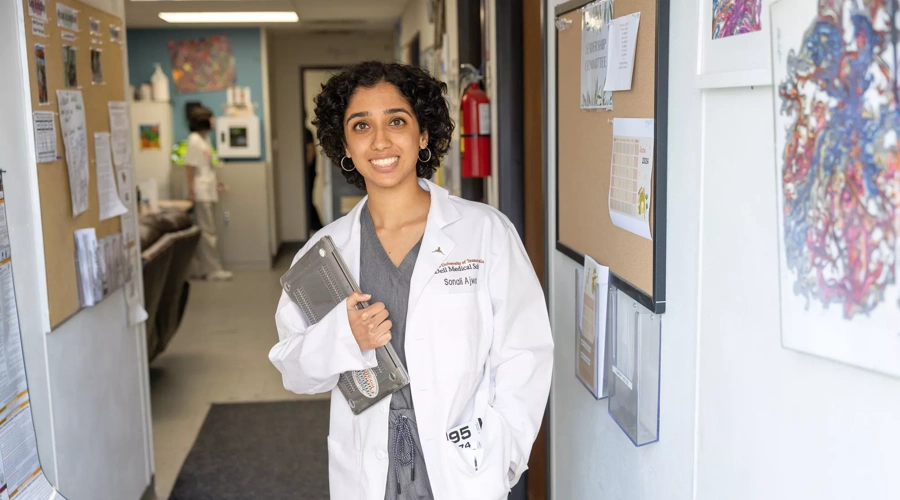
May 16, 2025
From India to Austin: A Dell Med Student’s Mission to Expand Health Care Access
May 13, 2025
Changing Lives Through Targeted Job Matching in South Africa
May 9, 2025
200,000 Trained: Building Skills That Lead to Jobs
April 15, 2025
Dell Scholars Program: First-Generation Graduate, Next-Generation Leader
March 25, 2025
From Student to Health Care Specialist: Karabo’s Journey with Dell Young Leaders
